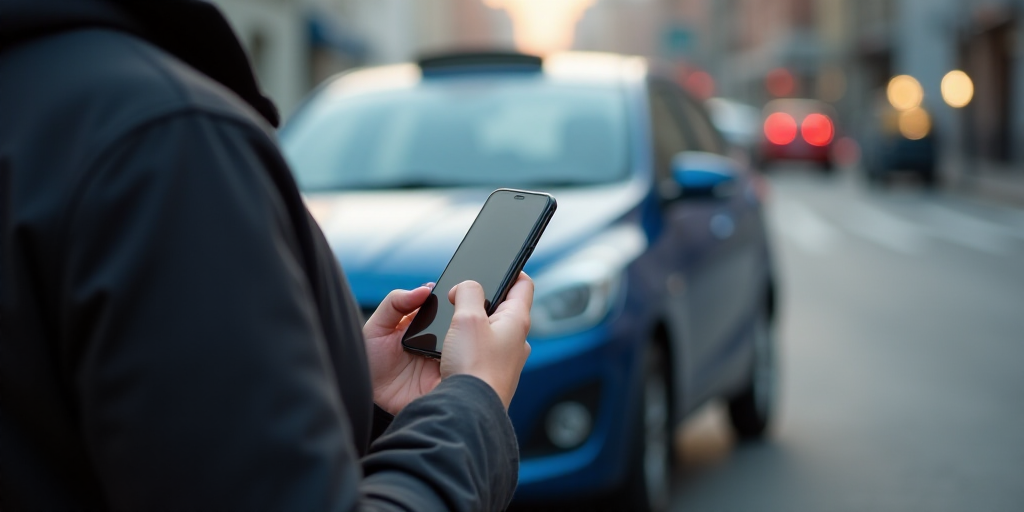Background on the Person and Relevance
Uber, a prominent ride-hailing and food delivery service based in San Francisco, has been accused by the United States Federal Trade Commission (FTC) of misleading users regarding promotional savings on its subscription service, Uber One. The company has also been charged with making it unreasonably difficult for users to cancel their subscriptions without their consent.
Key Details of the Allegations
According to the FTC, Uber deceived consumers about subscription savings and unjustifiably complicated the cancellation process despite claiming users could cancel “at any time.” Uber One, a monthly $10 subscription service, promised users a $25 monthly saving on rides or deliveries through Uber Eats. However, the FTC argues that these savings did not apply to subscription fees.
FTC’s Claims vs. Uber’s Response
The FTC asserts that Uber’s promise was misleading and that the company deliberately obstructed subscription cancellations, even though they claimed users could cancel anytime through their mobile app. Uber denies subscribing users without permission and states that most subscription cancellations take less than 20 seconds within their app.
Impact on Consumers
The FTC’s lawsuit reflects growing consumer frustration with unwanted subscription sign-ups that are difficult to cancel. FTC Chairman Andrew Cergos stated, “Americans are tired of being enrolled in unsolicited subscriptions that seem impossible to cancel.” This case highlights the need for transparency and fairness in subscription services.
Key Questions and Answers
- What is the main issue? The FTC alleges that Uber deceived users about savings on its subscription service, Uber One, and made it unnecessarily difficult to cancel subscriptions.
- What is Uber One? Uber One is a $10 monthly subscription service that promises discounts on rides or deliveries through Uber Eats.
- What does the FTC claim about Uber’s promises? The FTC argues that Uber’s promise of monthly savings was misleading, as these savings did not apply to subscription fees.
- How does Uber respond to the allegations? Uber denies subscribing users without consent and claims that most subscription cancellations take less than 20 seconds via their mobile app.
- Why is this case significant? This lawsuit underscores the increasing concern over deceptive subscription practices and the need for transparency in such services.






